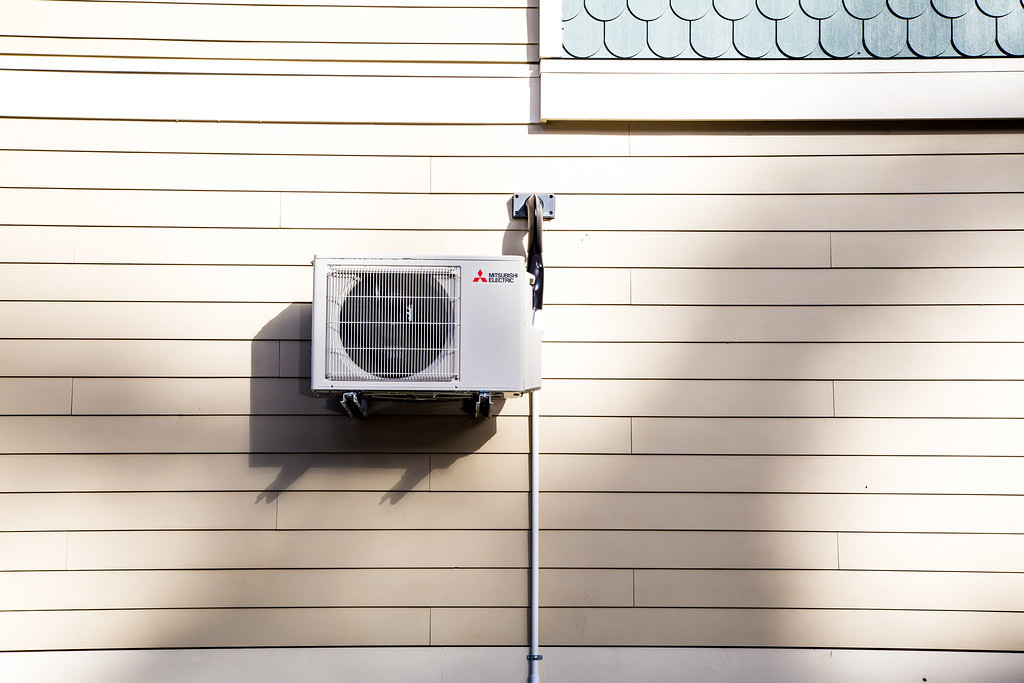In a bid to promote energy efficiency and accelerate the adoption of clean heating solutions, the Institute for Public Policy Research (IPPR) has called on the UK government to bring forward £5.8 billion of investment from 2025.
For the UK to attain its target of reaching net zero by 2050, the need to fully decarbonise the country’s homes is becoming increasingly vital. Not only would this lead to less energy being needed to heat homes, allowing a lower energy capacity for all purposes, but it could also phase out fossil fuels at a much faster rate.
According to new IPPR research, a further £5.8 billion planned investment should be brought forward from 2025 to provide better insulation and new heat pumps sooner, to address the cost-of-living crisis and to boost the UK economy.
IPPR stated that retrofitting homes with a combination of energy efficiency measures like insulation and low carbon heating would save the average household £500 on energy bills after the new £3,000 Energy Price Guarantee comes into effect in April.
Heat pumps offer significant advantages in the decarbonisation of home heating. These are more efficient than traditional fossil fuel boilers and equally utilise cleaner electricity, decreasing the overall carbon footprint of a home.
The technology takes heat at a low temperature from the air or the ground and heats this to a higher temperature for it then to be transferred to a home to provide heating and hot water.
Heat pumps had been included as part of the government’s Green Homes Grant which reduces the upfront costs of the technology and insulation. The grant was first introduced in September 2020 but closed in early 2022 having been plagued with issues throughout its lifespan.
It was reported that members of the public had been waiting months to be issued vouchers and there were delays in installers being paid. This led the Environmental Audit Committee to describe the domestic decarbonisation support as “woefully inadequate”.
The government is still continuing to fail in supporting heat pumps, the IPPR said, with its analysis showing that it is failing on its own manifesto commitment to £9.2 billion during this parliament on energy efficiency, by £2.6 billion.
“It takes an average of 28 years from oil and gas exploration licences being granted to production commencing. We could retrofit every household and decarbonise the entire power grid before even a drop of new oil or gas is produced. If the government wants to take energy independence and net zero seriously, then it must start looking at common-sense solutions,” said Luke Murphy, associate director of the energy, climate, housing and infrastructure team at IPPR.
To help enable greater decarbonisation of UK homes, the IPPR is calling for the creation of a GreenGo scheme in what the organisation claims should be a one-stop shop to provide information and financial support to deliver energy efficiency and clean heat.
The IPPR has identified five policies that should be enforced for the proposed scheme. This includes communication, skills, standards, and retrofitting street-by-street.
“Creating a scheme like GreenGo, a one-stop shop for grants and loans, and for advice, is a no brainer. It could help Rishi Sunak deliver on his key objectives of reducing inflation, tackling the cost of living, and growing the economy as well as reducing carbon emissions,” Murphy concluded.





